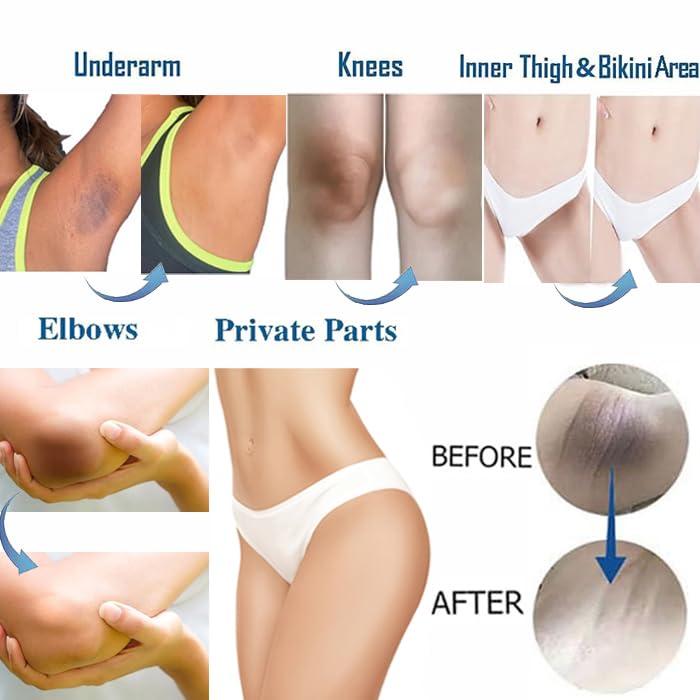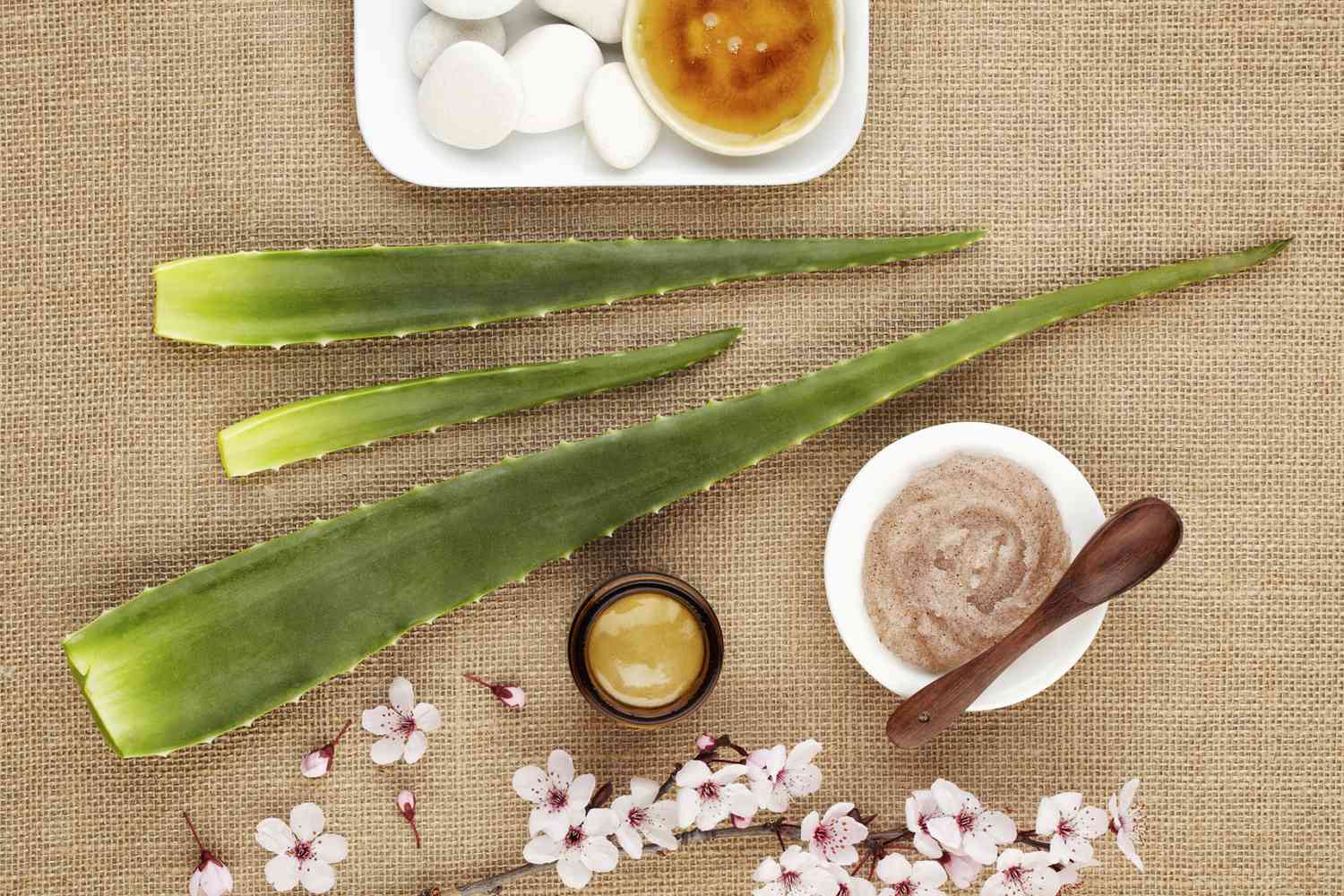

Introduction Acne is a persistent skin issue that affects millions of people worldwide. While there are many over-the-counter treatments available, natural remedies often offer a gentler and equally effective alternative. This blog explores various natural methods to combat acne and improve overall skin health.
The Role of Diet in Acne Prevention What you eat has a significant impact on your skin. A diet rich in fruits, vegetables, lean proteins, and healthy fats can help reduce acne and promote a clearer complexion. Foods high in antioxidants, such as berries and leafy greens, combat oxidative stress and inflammation. Omega-3 fatty acids, found in fish and flaxseeds, are known for their anti-inflammatory properties, which can help reduce acne.
Hydration: The Key to Clear Skin Staying hydrated is crucial for maintaining healthy skin. Water helps flush out toxins and keeps the skin moisturized. Aim to drink at least eight glasses of water a day. Adding a slice of lemon to your water can enhance its detoxifying effects and provide a refreshing boost.
Herbal Teas for Skin Health Certain herbal teas can support skin health from the inside out. Green tea, for instance, is packed with antioxidants that fight free radicals and reduce inflammation. Chamomile tea soothes irritated skin and promotes relaxation, which can reduce stress-related breakouts. Incorporating these teas into your daily routine can provide significant benefits for your skin.
Skincare Routine Essentials A consistent skincare routine is essential for preventing acne. Start with a gentle cleanser to remove dirt and oil without stripping your skin of its natural moisture. Follow up with a toner to balance your skin’s pH and a moisturizer suitable for your skin type. Exfoliating once or twice a week helps remove dead skin cells and unclog pores, preventing breakouts.
The Importance of Stress Management Stress is a common trigger for acne. Incorporating stress-reducing activities into your daily routine can help keep your skin clear. Practices like yoga, meditation, and deep breathing exercises can lower stress levels and improve your overall well-being. Finding time to relax and unwind is crucial for maintaining healthy skin.
Quality Sleep for Skin Repair Your skin repairs itself while you sleep, making adequate rest essential for clear skin. Aim for 7-9 hours of quality sleep each night to support your skin’s natural healing processes. Creating a calming bedtime routine can help you achieve better sleep and, consequently, better skin.